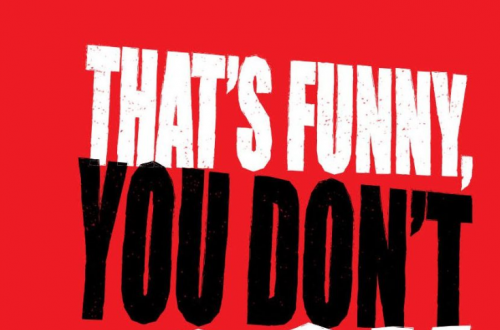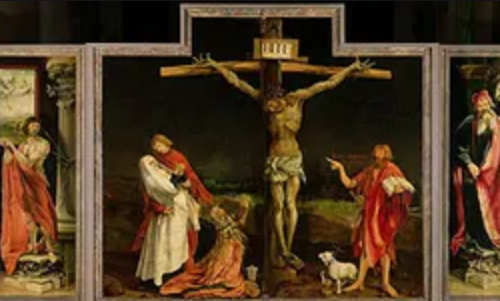From Paul Berman’s essay/review in The New Republic of Salman Rushdie’s memoir Joseph Anton, on the years immediately following the Ayatollah Khomeini’s fatwa calling for Rushdie’s death because of the alleged blasphemy of his novel The Satanic Verses:
Huge portions of the British press turned against Rushdie and went on speaking contemptuously of him for many years, such that, in his eyes, the British press became the Daily Insult. It is dismaying to be reminded by Joseph Anton how many writers looked on Rushdie as at fault, from John le Carré to Hugh Trevor-Roper to Joseph Brodsky (a member, Rushdie tells us, of the “he-knew-what-he-was-doing, he-did-it-on-purpose party”). The Iranian leaders went on speaking about Rushdie in a bloodcurdling invective for years, and in Britain a variety of prominent British Muslims expressed themselves in similar fashion; and instead of discrediting themselves, the British men of faith rose ever more prominently in British society. Iqbal Sacranie, of the Balham mosque in London, said about Rushdie, “death, perhaps, is a bit too easy for him”—and was granted a knighthood in recognition of his achievements as a leader of the Muslim community. Rushdie tells us that, according to a poll, four out of five British Muslims believed that some sort of action should be taken against him. In The Satanic Verses he made fun of a Cat Stevens stand-in, and in real life Cat Stevens, presently re-named Yusuf Islam, specified on television that action against Rushdie ought to mean murder. The archbishop of Canterbury, George Carey, declared that “we must be more tolerant of Muslim anger.” Britain’s chief rabbi, Immanuel Jakobovits, said that “both Mr. Rushdie and the Ayatollah have abused freedom of speech.” Remarks by the leaders of the British government were not better; Margaret Thatcher’s foreign secretary, Geoffrey Howe, exuded contempt. The first head of state anywhere on Earth to rise to Rushdie’s defense instantly and unequivocally was Václav Havel, the president of what was then Czechoslovakia, followed by Mary Robinson of Ireland, who thereby stuck it to Britain; but these were not superpowers.


